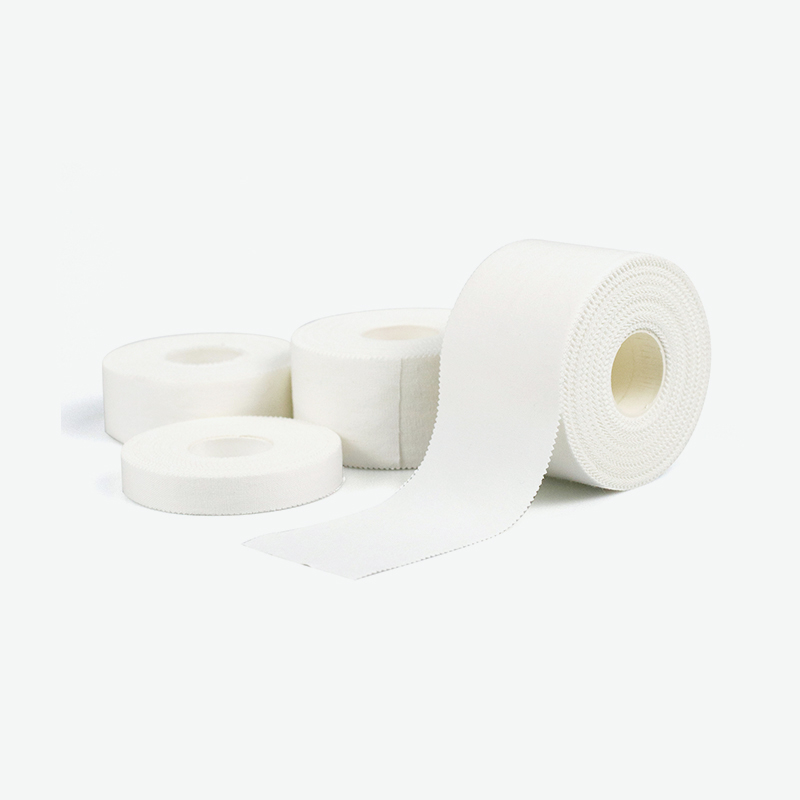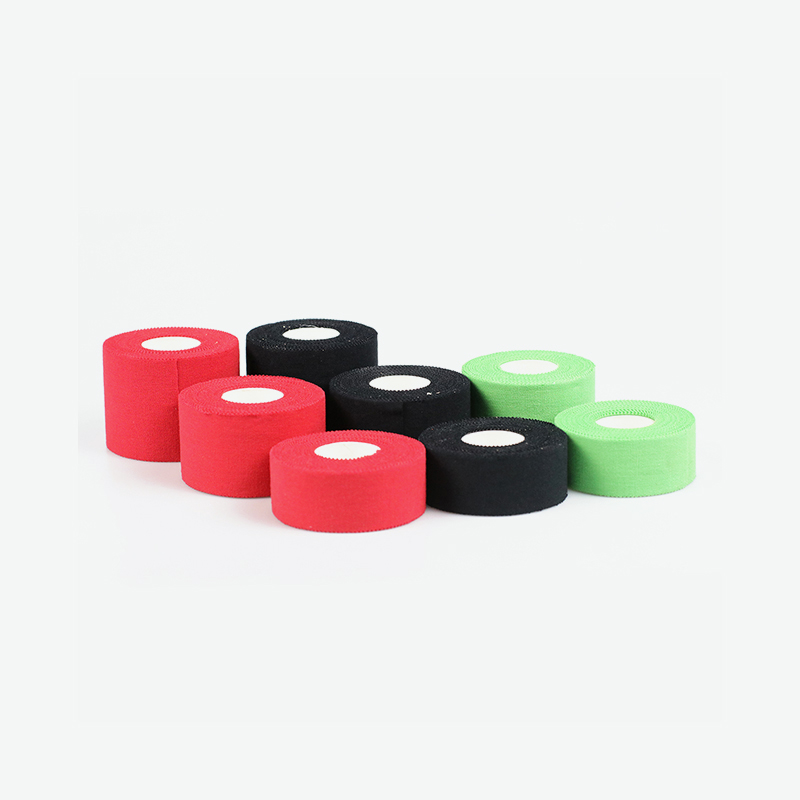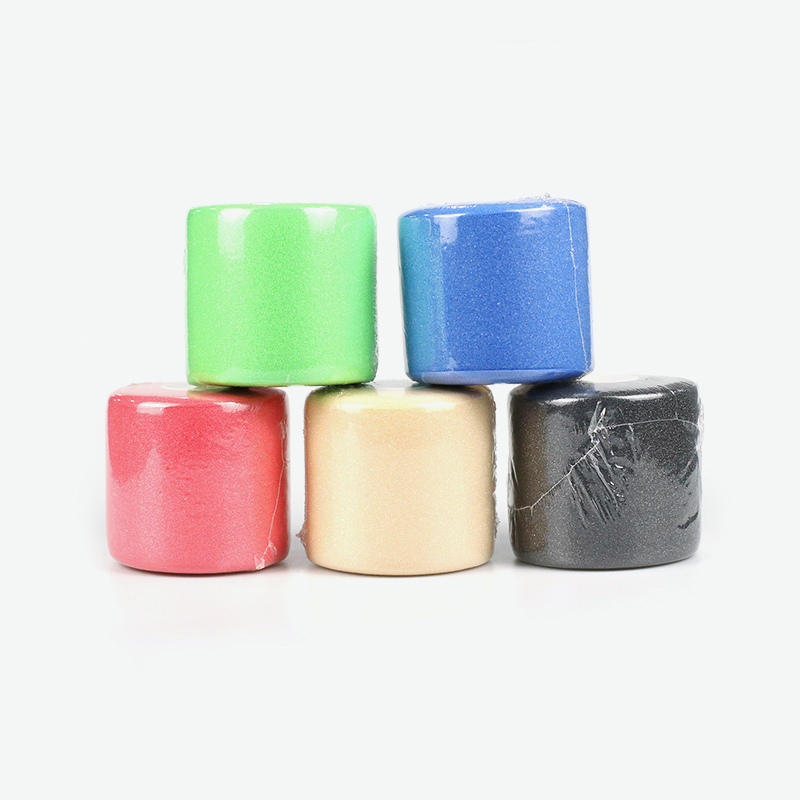Guided by the "dual carbon" goals, sustainable development in the medical industry has become an irreversible trend. Previously overlooked, medical waste — particularly disposable medical bandages and dressings — is receiving attention for its environmental impact. Recently, several European medical device companies announced the launch of the fully biodegradable nonwoven bandages based on bio-based materials such as polylactic acid (PLA).
Traditional nonwoven bandages are primarily made from petroleum-based chemicals like polyester and polyamide, which take hundreds of years to degrade in the natural environment. While these new eco-friendly bandages offer the same performance and fit as traditional products, their greatest advantage is that after disposal, they decompose into water and carbon dioxide within months under specific industrial composting conditions, significantly reducing the environmental burden.
While this innovation has been widely praised by environmentalists, it also faces challenges with high costs and consumer acceptance. Currently, these "green bandages" are approximately 30%-50% more expensive than traditional products. However, as regions like the EU begin considering taxation of non-degradable medical plastics, the long-term competitiveness of eco-friendly products will gradually become apparent.
Domestic industry experts said: "Environmental protection is a must-answer question for the future of the medical device industry, not an optional one. Although technology and high costs are currently the main barriers, proactively developing green materials is of strategic significance for companies to enhance their international competitiveness and fulfill their social responsibilities."

 English
English 中文简体
中文简体 Español
Español عربى
عربى Français
Français Português
Português






